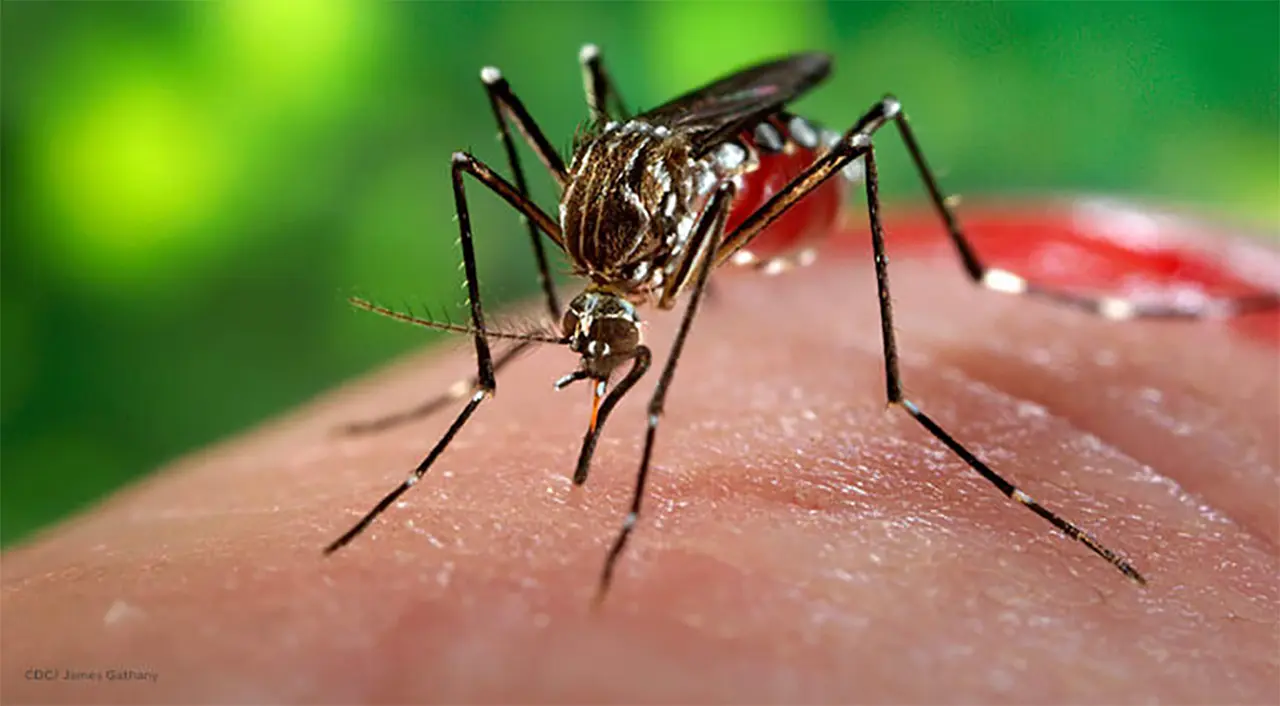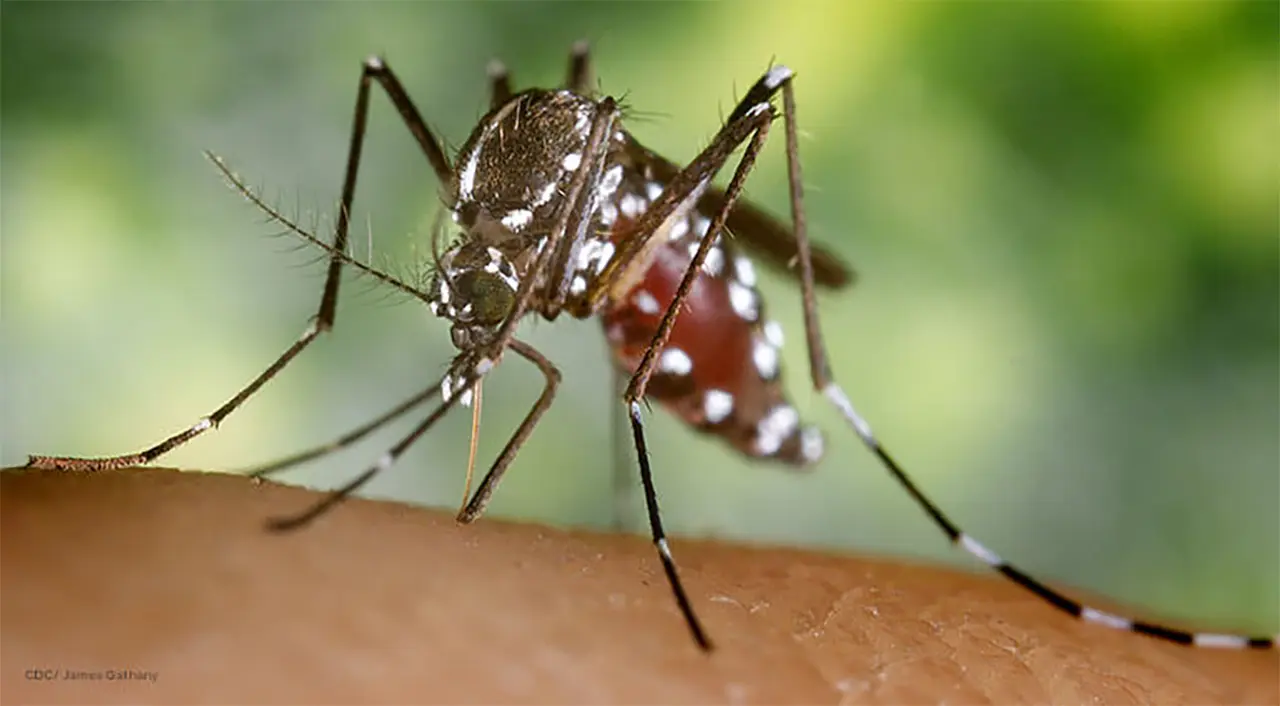Zika Virus: Symptoms & Prevention
Zika is most commonly spread through bites from infected mosquitoes and can cause fever, rash, joint pain, conjunctivitis and birth defects. Learn how to help protect your family from this mosquito-borne disease.
Powered by the SC Johnson Center for Insect Science®
What is Zika?

Aedes aegypti

Aedes albopictus
Zika is a virus spread primarily through bites from infected Aedes aegypti and Aedes albopictus mosquitoes. Zika can also be transmitted through sex and from a pregnant woman to her fetus. You can help protect yourself and your loved ones by learning more about Zika transmission, symptoms and prevention.
Where is zika most common?
Local transmission of Zika virus by Aedes aegypti and Aedes albopictus mosquitoes has been reported in Africa, the Americas, Southeast Asia, and the Western Pacific.
Zika virus symptoms
According to the World Health Organization, about 1 in every 5 people infected with Zika virus show symptoms of being ill. The good news is that symptoms are usually mild, lasting from several days up to a week.
The most common symptoms of the Zika virus are:
- Fever
- Rash
- Joint Pain
- Conjunctivitis (Red Eyes)
Other possible Zika virus symptoms include:
- Muscle Pain
- Headache
- Pain Behind the Eyes
- Vomiting
60 years of mosquito research…and counting
The SC Johnson Center for Insect Science™ is home to 360,000 mosquitoes on any given day, including the two species that transmit Zika. We breed them, research them and invent new ways to help you combat them—all so you can help protect your family from mosquitoes that can transmit diseases like Zika.
Zika virus and pregnancy
According to the World Health Organization, women infected with Zika can pass the virus to their fetus during pregnancy. Infection during pregnancy can cause severe fetal brain defects, including microcephaly, which results in babies born with unusually small heads. Zika virus during pregnancy is also associated with other complications, including miscarriage and preterm birth.1
Learn more about zika
- For more information about this mosquito-borne disease, check out the World Health Organization’s Zika Virus Fact Sheet.
- For more tips to help protect your home and family from these disease-carrying insects, read How to Help Get Rid of Mosquitoes.
Find solutions for mosquitoes
We understand how important it is to protect yourself and your loved ones from mosquito-borne diseases. That’s why we have a variety of products designed to help you get rid of mosquitoes that may carry the Zika virus.
Disclaimer
This is provided for your information only and is not intended to diagnose or treat any medical condition. Should you have any symptoms or concerns, please contact your doctor.
Related

Chikungunya: Symptoms, Treatment, & Prevention
Beyond being pesky, mosquitoes can also spread diseases like the Chikungunya virus. Learn about the symptoms of Chikungunya and how to help protect your loved ones from mosquitoes that may carry diseases.

West Nile Virus: Symptoms, Treatment & Prevention
West Nile virus is most commonly spread to humans when bitten by an infected mosquito. Learn about the symptoms of West Nile virus and how to help protect your loved ones from this mosquito-borne disease.

Mosquito Bite Treatment & Relief
There are over 3,000 mosquito species in the world1, but only a small number of these species primarily bite humans. Find out what to do when mosquitoes do bite and how to help control that annoying itch.

